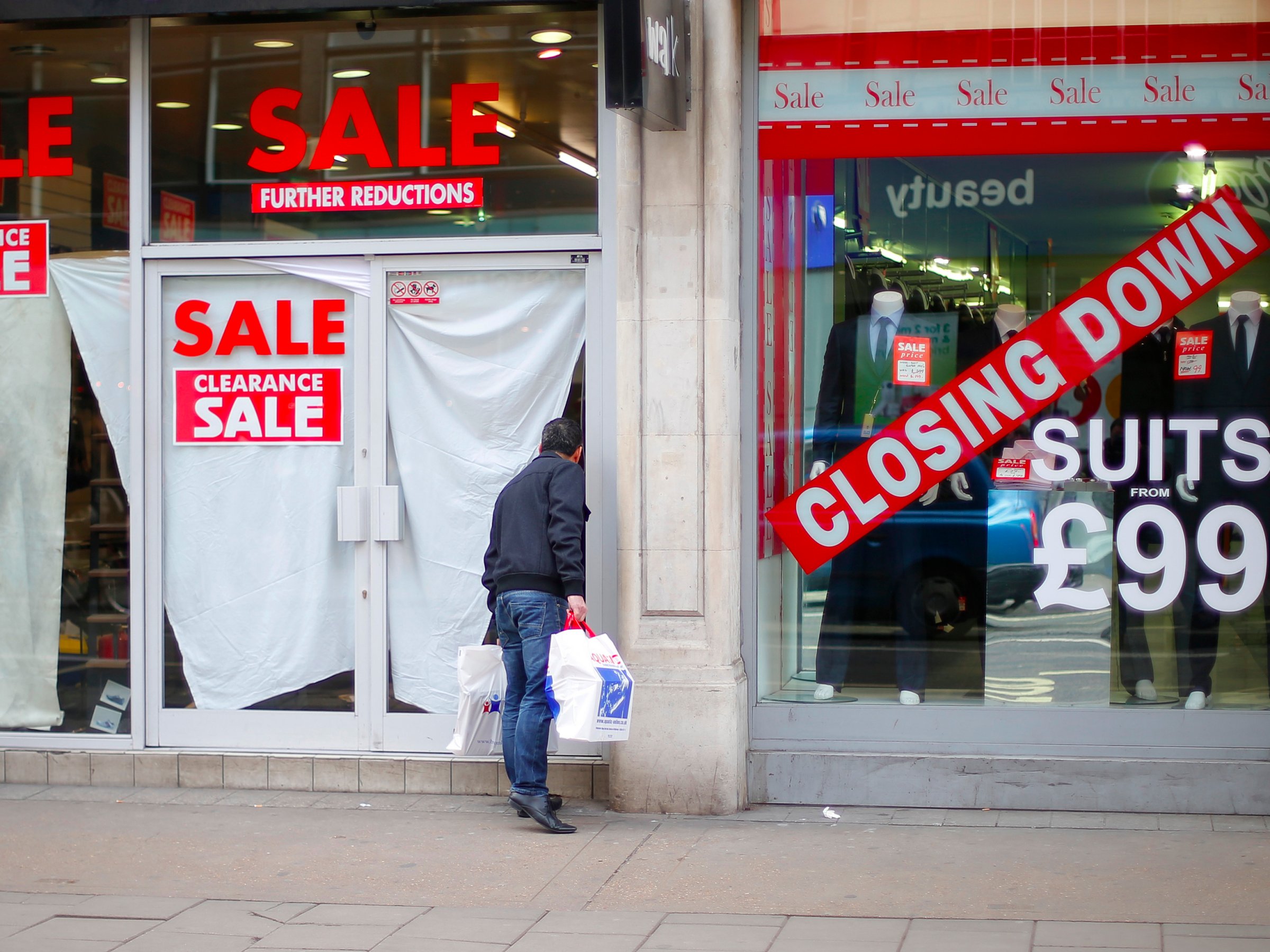
LONDON — Huge numbers of British businesses are experiencing “significant” levels of financial distress and could be at risk of going bust, according to the latest report from a firm specialising in insolvency.
Begbies Traynor’s “Red Flag Alert” report for the second quarter of 2017 shows that 329,834 companies in Britain — mostly small and medium enterprises — are experiencing some form of financial trouble.
It marks a big increase from the same period last year. 263,517 companies were in significant distress in the second quarter of 2016. This year’s numbers is a 25% increase.
308,423 of those businesses in distress were SMEs, the report shows, while around 21,000 were larger businesses.
Ric Traynor, Begbies Traynor’s executive chairman, said in a statement: “Our Red Flag research shows that a recent loss of momentum in the economy is putting increased financial pressure on UK businesses, with SMEs bearing the brunt of this rising distress, as businesses contend with uncertainty over Brexit negotiations and an inconclusive election result, alongside rising costs.”
Julie Palmer, a partner at the firm, added: “As the second half of 2017 begins, it’s worrying that so many businesses, particularly SMEs, are facing such instability.”
Construction and property companies have seen the biggest spike in financial troubles, with rises of 22% and 32% respectively. Accounting firm Moore Stephens warned separately on Monday that one in five estate agents are at risk of going bust.
Begbies Traynor’s report comes at a time when Britain’s economy is starting to feel the impact of the decision to leave the European Union last June. GDP growth slowed to just 0.2% in the first quarter of 2017, climbing slowly to 0.3% in the second quarter.
“The economy has experienced a notable slowdown in the first half of this year,” ONS Head of GDP Darren Morgan said last week when the latest GDP numbers were released.
Regular Brits are feeling the pinch as the falling pound has pushed up inflation in recent months, meaning they are spending less. Slowing consumer spending is worrying as it has fuelled the country’s economic performance in recent years.













